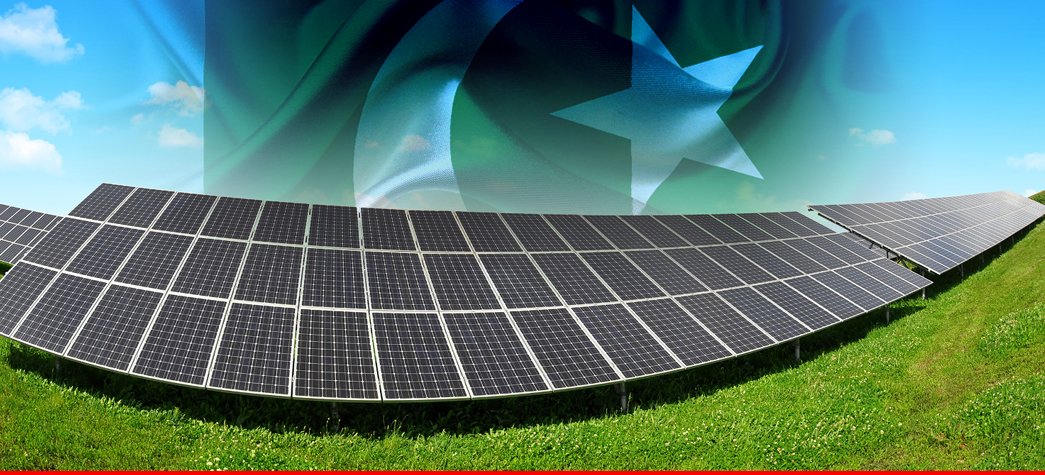Federal Minister for Power Division, Sardar Awais Ahmad Khan Leghari, has announced that a new solar panel policy will soon be presented to the Economic Coordination Committee (ECC) for approval. The proposed policy aims to make solar energy more accessible and affordable for consumers while addressing key challenges in the power sector.
Under the policy, the national grid will purchase electricity generated from newly installed rooftop solar panels at a rate of Rs. 9.50 to Rs. 10 per unit. This initiative is expected to enable consumers to recover their investment in solar panels within 4-5 years, making it an appealing option for both residential and commercial users.
Speaking on a Geo News program, the minister assured that the government would honor existing contracts for previously installed rooftop solar panels, which supply electricity to the grid at a rate of Rs. 27 per unit. However, he cautioned that if the current system remains unchanged, the growing burden of net metering could cost consumers an additional Rs. 600 billion annually, potentially increasing electricity prices by Rs. 5-6 per unit.
Leghari also addressed the issue of circular debt, which he said had surged by Rs. 1,580 billion during the previous PTI government. He noted that the last PDM government and the current administration have successfully stabilized the debt. While it increased by Rs. 80 billion last year, the government expects to reduce it this year through improved management of distribution companies (DISCOs) and savings from lower discount rates.
The minister explained that out of the Rs. 2,400 billion circular debt, some payments are owed to government power plants, but these will not incur interest. Additionally, the government has renegotiated contracts with independent power producers (IPPs), waiving late payment surcharges amounting to Rs. 460 billion. Further relief is anticipated as more IPP contracts are revised.
To address the circular debt, the government is in talks with commercial banks to secure a Rs. 1,200 billion loan. This loan will be repaid over 5-6 years using the existing surcharge of Rs. 2.83 per unit on electricity bills. The minister assured that no additional surcharge would be imposed for this repayment.
Leghari also revealed that the government has already achieved a relief of Rs. 3.50 per unit through revised IPP contracts, with further reductions expected as negotiations with additional IPPs progress. He added that the International Monetary Fund (IMF) has not raised objections to the proposed tax cuts on electricity and has expressed confidence in the government’s commitment to power sector reforms.
The minister emphasized that the government is working to lower electricity rates to make them more affordable and to boost industrial demand for grid power. He highlighted that the prime minister is personally overseeing initiatives to achieve these goals, with further announcements expected soon










